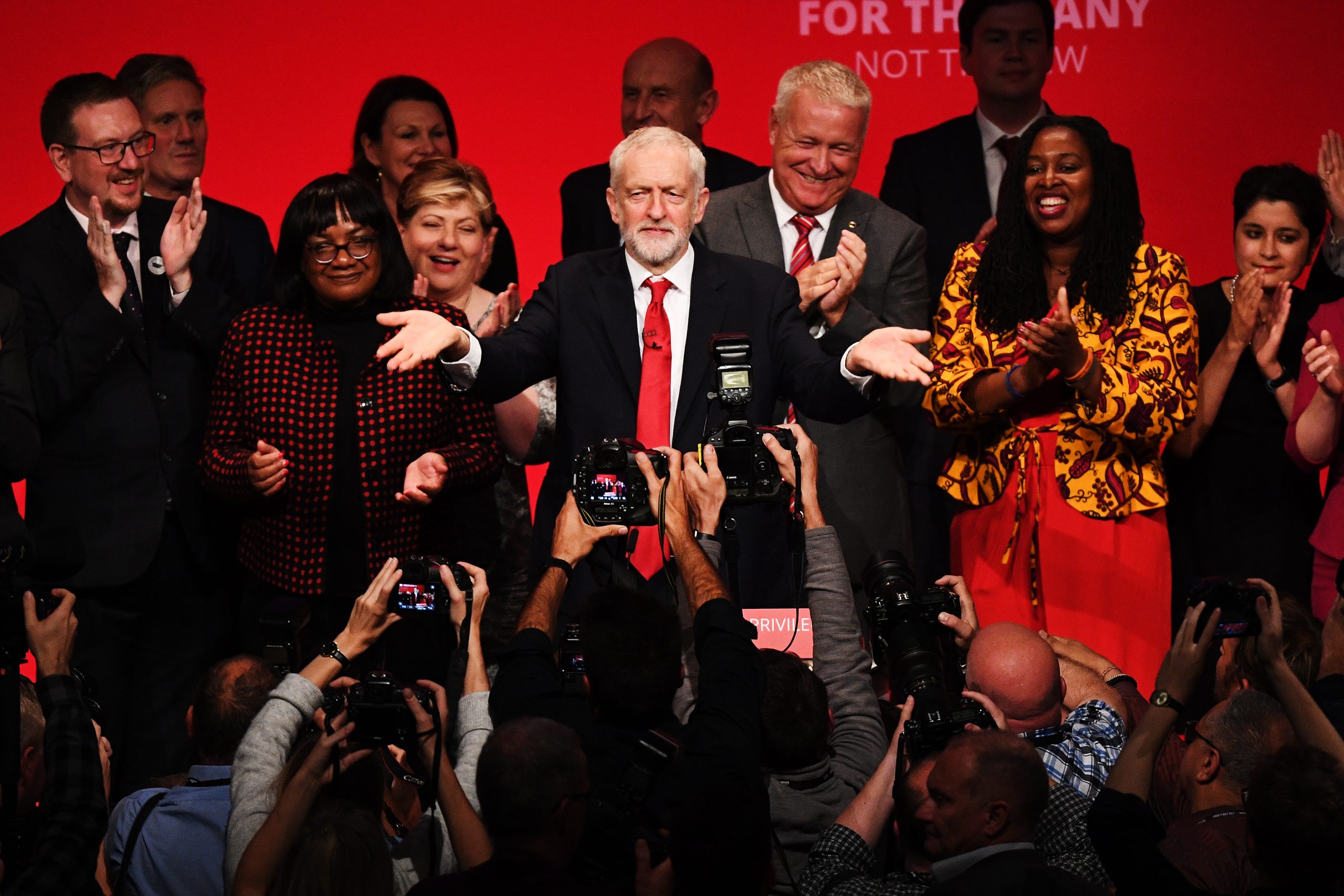
The day before the 2005 election, in which Tony Blair emerged with his third, attenuated majority, Mark Fisher published a post on his blog, k-punk:
“There was a time when elections at least seemed to mean something… I admit that, emotionally and unthinkingly, I will find myself supporting the ‘left’ parties when the results come in tomorrow night… But only in exactly the same way that I want to see X contestant beat Y contestant in Big Brother; it really is only sentimentality to pretend that this spectacle has much consequence.”
While television was becoming more participatory, politics was increasingly becoming – as the political scientist Peter Mair noted the following year – a “spectator sport”, “part of an external world which people watch from the outside” rather than belong to and engage in. Across Western democracies, citizens were withdrawing from the political arena: turnout fell, voting became more volatile, party memberships declined. Party democracy, Mair argued, was turning into “audience democracy”.
Between 2015 and 2019, Jeremy Corbyn effected an abrupt reversal of this transformation of electoral politics into spectacle. For those, like me, swept up in the political enthusiasm Corbynism generated, audience democracy became party democracy once more. Hundreds of thousands flooded into the Labour Party, and electoral politics, in however shallow a way, became something we did rather than something we watched.
Corbynism was a rapidly assembled electoral mobilisation that lacked organisational depth. But the practical and emotional engagement the movement engendered – especially among younger age groups like mine, who came of age post-2008 and have never voted in an election that Labour has won – dispersed the aura of meaninglessness that shrouded parliamentary politics. If elections then, and for the first time, at least seemed to mean something, last week marked the return, after that fragile interlude, of their undissembled meaninglessness.
[see also: How Keir Starmer lost Generation Left]
One of the refrains among commentators after Labour’s defeat in the 2019 election was that Corbyn and his supporters didn’t want to win. Their quixotic radicalism was an unforgiveable self-indulgence, a betrayal of the ordinary people whose interests they had sacrificed on the altar of ideological purity. As Jonathan Freedland chided in the Guardian the day after the 2019 vote: a political party “is not a hobby… it’s not an association for making friends… It is either a plausible vehicle for government or it is nothing.”
The notion that a party’s exclusive purpose is to win elections – and that its self-involved membership is an obstacle to doing so – is a powerful statement of a kind of common sense. It is also an indication of how far the degeneration of party democracy into trivial spectacle has advanced. Parties, Mair explained in 2006, do not just govern, they also represent and give voice. They are social institutions – traditionally embedded in a wider network of trade unions, cooperatives, churches and so on – which connect civil society to the state: they “mobilise the citizenry… articulate and aggregate interests, and translate these into public policy”.
This opposition between the electorate at large and a party’s cumbersome “base” has a kind of plausibility, especially when members are caricatured as metropolitan elites whose luxury activism is dragging the party away from the centre-ground – that coveted terrain on which every winning electoral pitch, we are told, must be based. But the dichotomy doesn’t account for the fact that a party’s expressive and governing functions are related. If its representative power diminishes, as the party renounces rather than seeks to deepen and expand its social basis in civil society, then its claim to govern will also be weakened – since it is a party’s ability to represent citizens through building a relevant presence in their everyday lives that legitimises its claim to rule on their behalf.
In recent weeks of tentative socialising, occasionally a friend whom I haven’t seen since before the 2019 election will ask me what I make of Starmer. I find myself virtually speechless – or, rather, thoughtless. One could call it disillusionment or disaffection, but both of these imply some inner wrench, whereas the blankness I experience is entirely without emotional charge. That I don’t know if my peers feel (or rather don’t feel) similarly – we don’t talk about politics any more – suggests to me they probably do.
But why would we have thoughts or feelings about Starmer? As James Butler recently put it in the London Review of Books, the “enthusiasm young people on the left may have felt over the past few years” has been the object of “implacable hostility from the party machine”. “You get the feeling,” Tom Blackburn wrote in Tribune in March, that Labour’s leadership “would prefer to dissolve its current support base and assemble another.” Preoccupied with posing with pints and flags, Starmer, as Blackburn pointed out, “has barely addressed” us. The facile symbolism is nothing if not politics as spectacle, but spectacle that can’t command my attention, let alone my allegiance. This may be part of the strategy: not just to antagonise, but to bore the membership away.
Sometime in 2019, discussing the impending election, a friend described herself as “apolitical”. The comment disturbed me, not because indifference was unimaginable, but because it struck me as a perpetual possibility. The speed and ease of my detachment from electoral politics since then suggest the original attachment was as brittle as I had half-feared.
Elections are contentless spectacles once more. But the conditions that so recently endowed them with consequence – stagnant wages, poor employment prospects, unaffordable housing, systemic racism, the climate crisis – are all too real, and persist.
[see also: Peter Mandelson: “I’m afraid Keir Starmer has come badly unstuck”]
This article appears in the 12 May 2021 issue of the New Statesman, Without total change Labour will die






